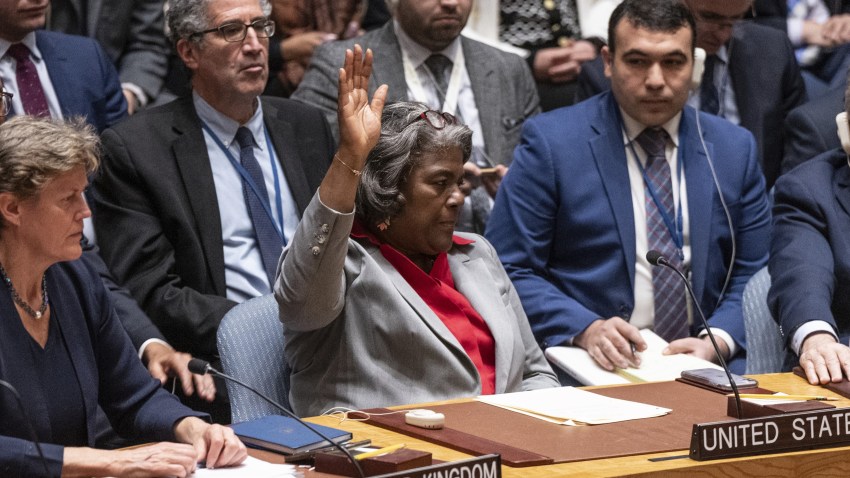Does international law matter? While diplomats, particularly from the United States, will often talk of a “rules-based” order, recent events are leading some to ask “where is ‘the rules-based order’ now?”
The U.S. has vetoed repeated United Nations Security Council resolutions calling for a cease-fire in Gaza. Even when it finally allowed one to pass by abstaining two weeks ago, the U.S. claimed the resolution was nonbinding. In any case, Israel flatly ignored it. The Security Council’s inability to pass an enforceable resolution in Gaza follows its continued inability to pass a cease-fire resolution for the war in Ukraine, this time due to Russian obstructionism.
The enforcement of international law appears just as toothless at the International Court of Justice and the International Criminal Court. The ICJ issued a ruling ordering Israel to address concerns over its conduct of the war in Gaza and may still issue a ruling against the legality of Israel’s occupation of the Palestinian Territories. For its part, the ICC issued an arrest warrant against Russian President Vladimir Putin for Russia’s policy of kidnapping Ukrainian children in its war against Ukraine. While the actions of the ICJ and ICC may suggest that states and their leaders will be held accountable for violations of international humanitarian law, they are unlikely to change their behavior, similar to the most recent U.N. Security Council resolution.

